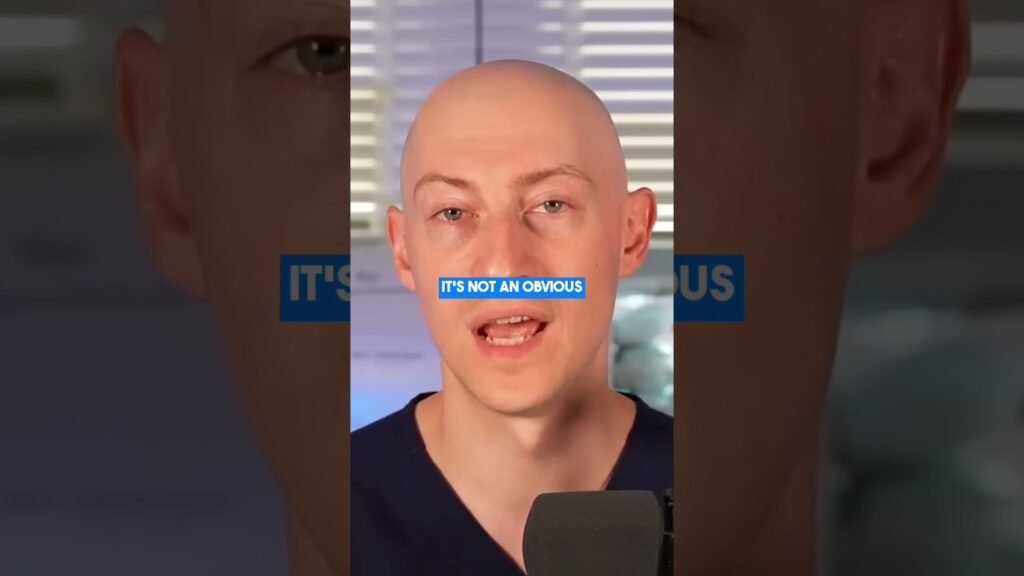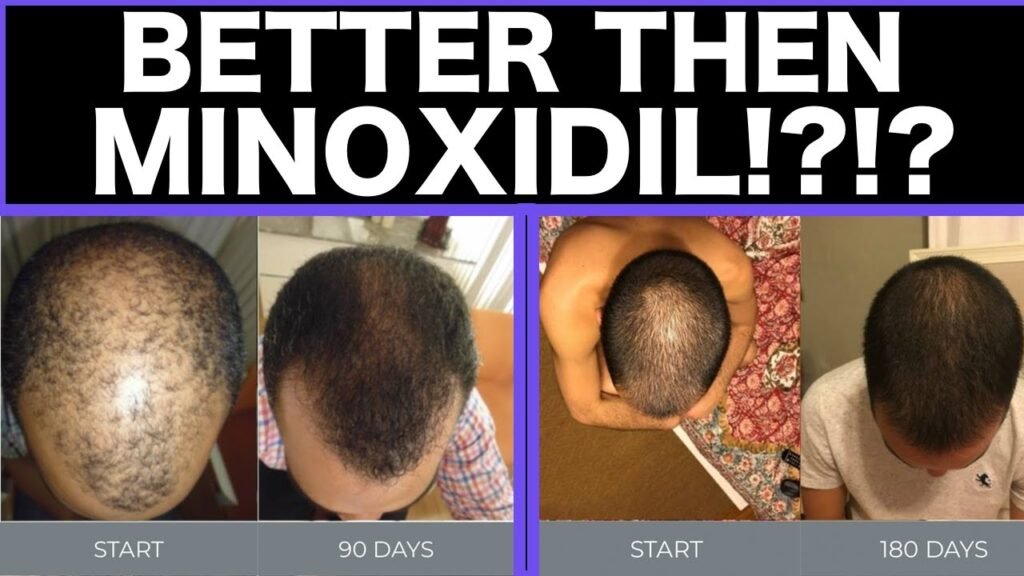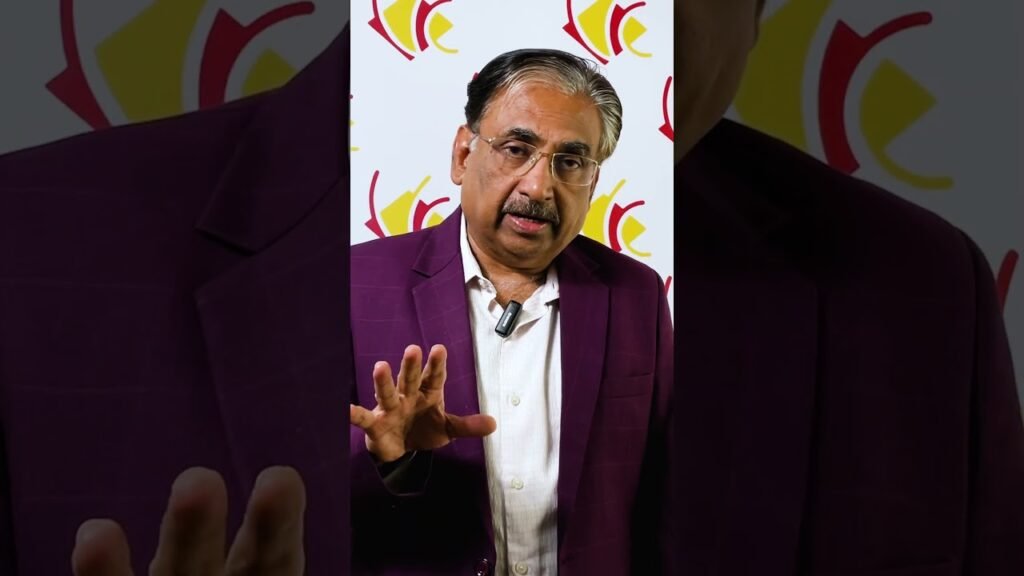Pros and cons of Minoxidil vs tretinoin
Pros of Minoxidil
Minoxidil is widely known for its efficacy in promoting hair growth, particularly for those suffering from androgenetic alopecia, also known as male or female pattern baldness. One of the primary benefits of using Minoxidil is its ability to stimulate hair follicles, thereby increasing hair density and reducing hair loss over time. Ease of application is another advantage, as Minoxidil is typically available as a topical solution or foam that can be easily applied to the scalp. Additionally, Minoxidil is often available over the counter, making it an accessible option for many people seeking to improve hair growth.
Cons of Minoxidil
Despite its benefits, Minoxidil does come with certain drawbacks. Some users may experience side effects such as scalp irritation, dryness, or itching. Another potential downside is the necessity for continuous use; stopping Minoxidil treatment often results in the resumption of hair loss, as its effects are not permanent. Furthermore, it may take several months before noticeable results are observed, which requires patience and consistency from users.
Pros of Tretinoin
Tretinoin, primarily known for its use in skincare, has been shown to enhance the effectiveness of Minoxidil when used in combination. It works by increasing cell turnover and improving the absorption of topical treatments, potentially leading to enhanced hair regrowth. Additionally, Tretinoin has the benefit of being a multipurpose product, often contributing to improved skin texture and reduced signs of aging when used for skincare purposes.
Cons of Tretinoin
On the downside, Tretinoin can cause skin irritation, dryness, and increased sensitivity to sunlight, which may deter some users from incorporating it into their routine. It also requires a prescription, making it less accessible than over-the-counter options like Minoxidil. Moreover, its primary function is not hair growth, so while it can boost the efficacy of Minoxidil, it is not typically used as a standalone treatment for hair loss.


